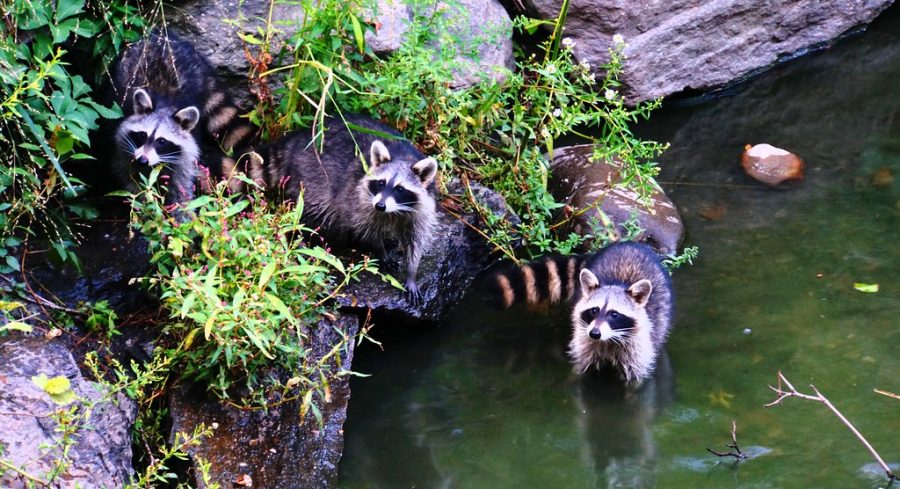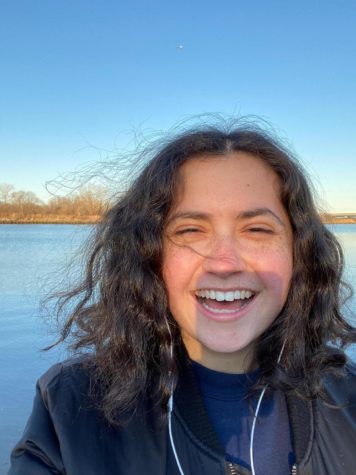New York City parks to start vaccinating raccoons against rabies
June 29, 2021
Raccoons need vaccines too! Rabies vaccines, that is.
The New York City Department of Health and Department of Parks and Recreation are making a joint effort to vaccinate raccoons against rabies in two public Manhattan parks, starting back on June 15.
The new vaccine effort will occur at Inwood Hill Park and Fort Tyron Park, though there are plans to distribute vaccines in parks within the other four boroughs in the future.
“Raccoons are a natural part of our city,” Wildlife Unit Director for the Parks Department Richard Simon said. “Although it’s very rare to come into contact with a rabid raccoon, we want to remind all New Yorkers that if you see a raccoon, you should give them space — never approach or try to feed them. We’re grateful for the Department of Health for their partnership in taking this preventative measure to encourage healthier wildlife in our parks.”
Visitors to the parks may be able to see the oral rabies vaccines, as they are in small, brown, ketchup packet-like bait scattered around the parks. The baits are scented with fishmeal to attract the animals.
Inside the baits is a pink liquid, which is the rabies vaccine itself. When the animals bite into the packets, it releases the vaccine, thus injecting and, hopefully, immunizing them.
Although the vaccine will not get people sick, they should avoid contact with it, as it can potentially cause a skin rash for some people. If a person does come into physical contact with a vaccine, they should wash the contact area with warm, soapy water, tell their doctor and notify the American Association of Poison Control Centers, which can be done by calling +1-800-222-1222.
Pets and stray animals can consume the vaccines as well, though ingesting too many vaccines can cause upset stomachs and the tendency to vomit. The Department of Health advises against trying to wrestle a packet from a pet’s mouth, as the pet could either bite you or open the packet and expose you to the vaccine.
Rabies, which cannot be transmitted by the vaccine, is a potentially deadly disease that can affect both animals and humans alike. It affects the central nervous system and if not treated quickly, can affect the brain and cause death.
“Rabies can be deadly for people and pets,” New York City Health Commissioner Dr. Dave Chokshi said. “New Yorkers should ensure their pets are up to date on vaccinations and avoid interactions with wild mammals. From rabies in raccoons to COVID in our City, vaccines work to help keep New Yorkers safe this summer.”
Most commonly, people contract rabies from being bitten by an animal who has the disease, which is why the Department of Health advises people to not touch or feed wild or stray animals, to keep garbage in tightly sealed containers and trash cans to avoid attracting animals and to stay away from any animal that is acting ill, aggressive or unusually friendly.
To protect pets from contracting rabies, the Department recommends keeping all pets up to date on their rabies vaccinations, having pets leashed while outdoors, feeding pets indoors so the scent of food doesn’t attract raccoons and not leaving pets outdoors unattended.
If someone sees a sick animal or if a pet is bitten, the Department asks that they report the incident to 311. To report a person being bitten by a rabid animal, call the Animal Bite Unit at +1-212-676-2483 between 9 a.m. and 5 p.m. during the week, and at night or on weekends at +1-212-764-7667.
As of the June 15 press release, 13 rabid animals have been found across the city: one raccoon from Manhattan, one raccoon from Queens, one raccoon and one cat from the Bronx and seven raccoons and two cats from Staten Island. Brooklyn has no reported cases as of press time.








